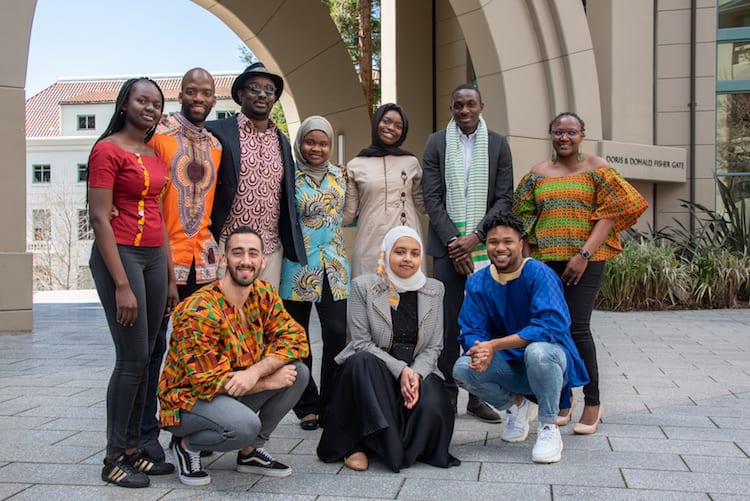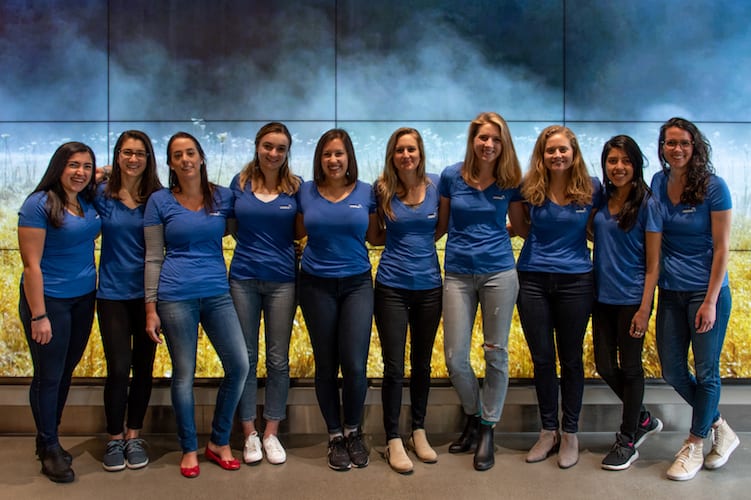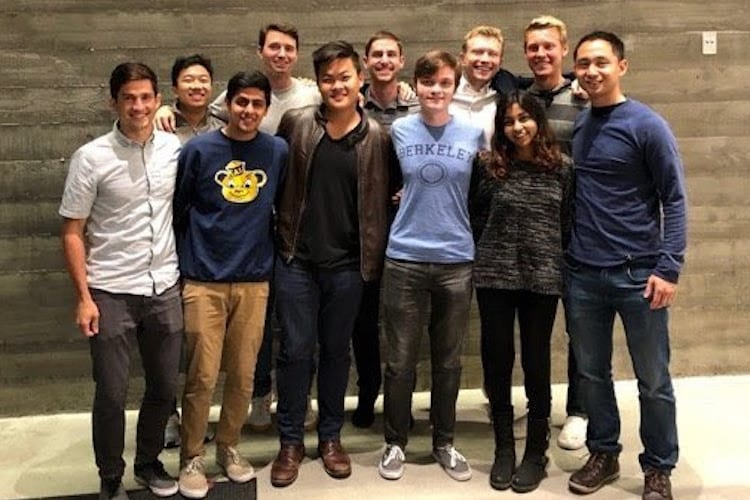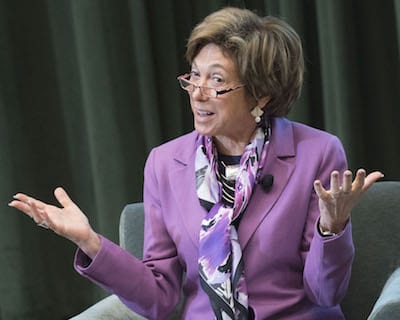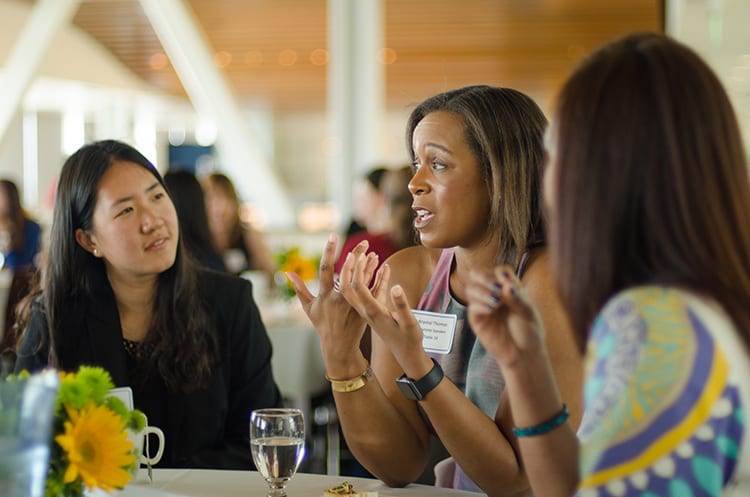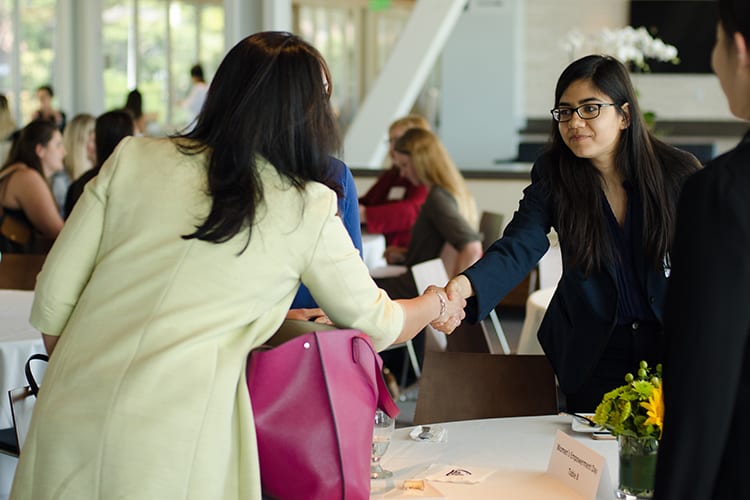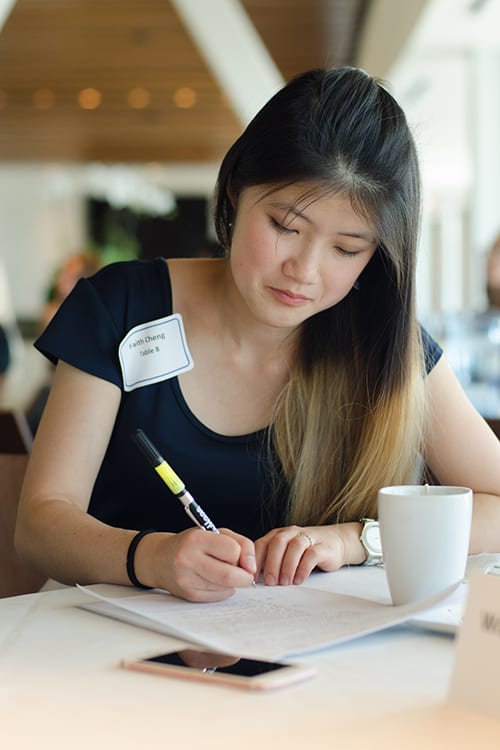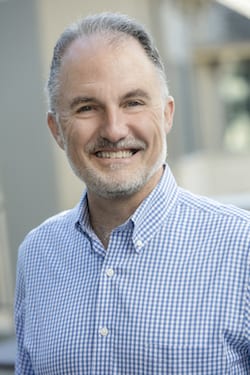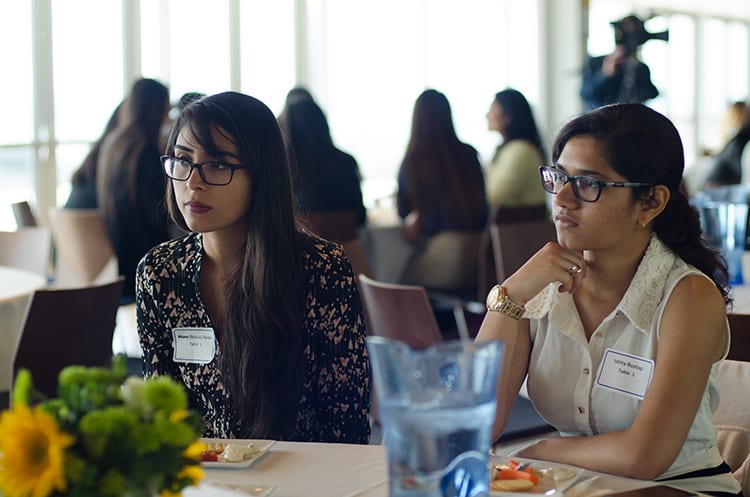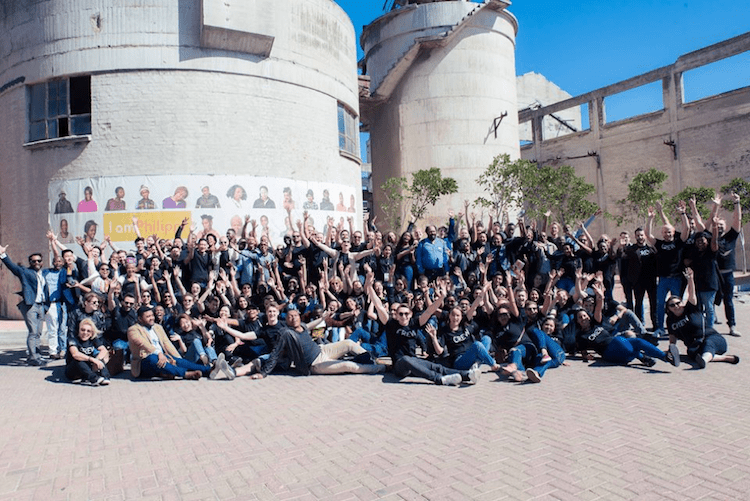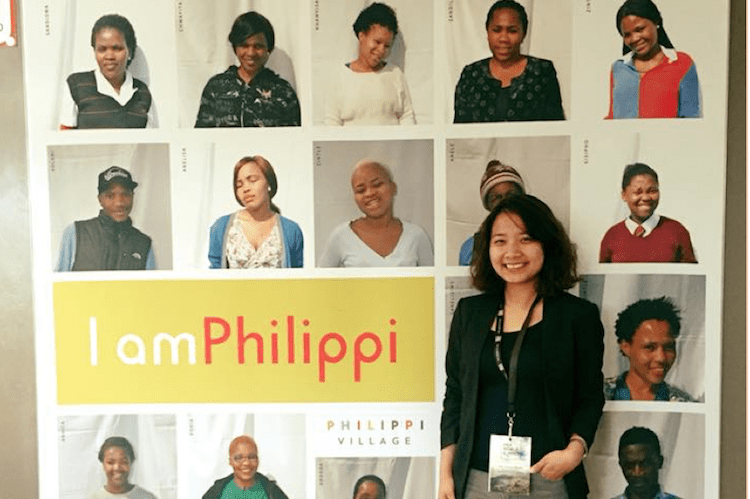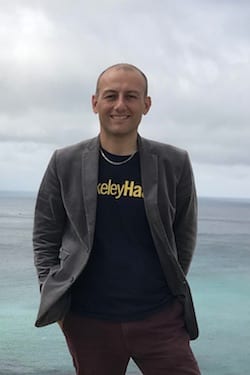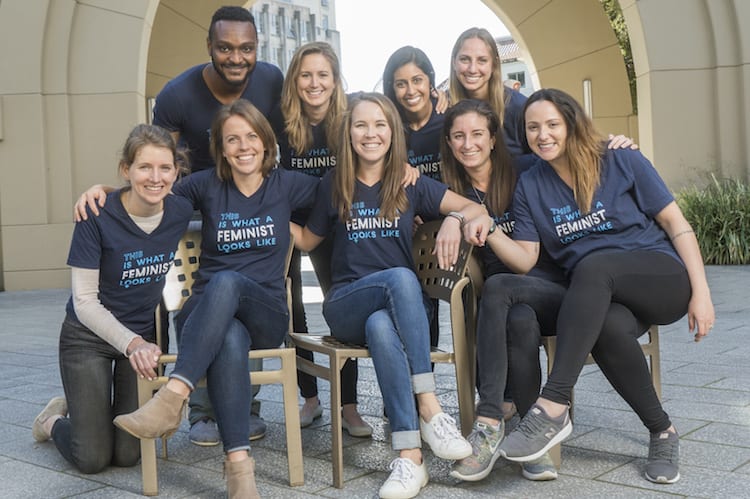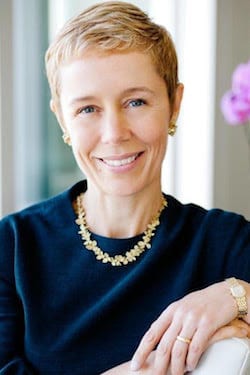Four Haas students—with career goals ranging from starting an investment fund to helping to grow immigrant-run businesses—have been awarded scholarships by The Financial Women of San Francisco.
A total of 13 undergraduate and graduate students were honored at a June 7 gathering at the City Club in San Francisco. The 30-year-old scholarship program was created to honor women leaders who are pursuing careers in finance, and the scholarships all include a pairing with a mentor
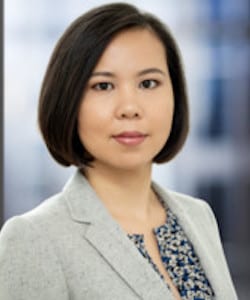
Jie Wang, MBA 20, a native of China who received a $15,000 scholarship, holds both an English literature degree from Nanjing Normal University and a master’s in accountancy from the University of Notre Dame. She previously worked as an international tax consultant at Deloitte. At Haas, she is the vice president of communications for the Asia Business Club and teaches federal income tax as a graduate student instructor.
Having lived mostly in the South and Midwest, she said she was drawn to the Bay Area for its job opportunities and the chance to make an impact. “Lots of exciting things are happening here,” said Wang, who is interning as an investment banking associate for Deutsche Bank in San Francisco this summer and is interested in the long-term in working on educational development for underprivileged women.
Three undergraduates, Sally Liang, Deeksha Chaturvedi, and Kyung Hee Egoian, all BS 20, were each awarded $10,000 scholarships.
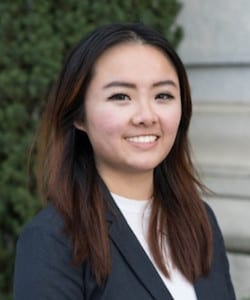
Liang has worked as a finance coordinator for the UC Berkeley student-run Basic Needs Center. She said she’s dedicated to continuing her work in food security and holistic wellness in a nonprofit field.
“Investing my skillsets in a nonprofit would be a good way to put my business education to use and help the next generation resolve their basic needs insecurities so they can become more well-equipped during and after college,” she said.
Last summer, Liang was a finance operations intern at Tesla. This summer, she’s interning with PriceWaterhouseCoopers in corporate tax and plans to get her CPA license after graduation.
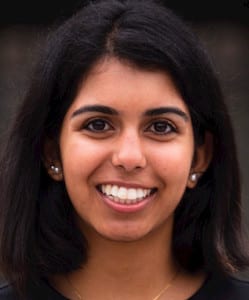
Chaturvedi, president of the Berkeley Women in Business club, will be interning this summer in San Francisco at Goldman Sachs’ investment banking division and aspires to run her own investment fund.
She said she is interested in gender equity and helping domestic violence victims gain financial independence. “I started volunteering with human trafficking victims and this opened my eyes to the injustices many women in our community face,” Chaturvedi said.
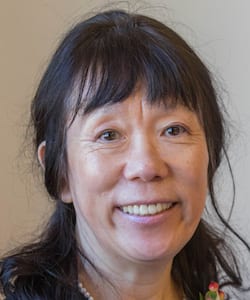
For Egoian, pursuing higher education has been a life-long dream. Formal education wasn’t an option in the small town in Korea where she grew up, she said. Studying finance became her passion and focus when she moved to the US.
While raising her two children, Egoian worked for 13 years as a finance and administration manager at Save the Bay, a nonprofit aiming to restore and protect SF Bay for wildlife and people. After graduating from Haas, she plans to continue using her business and finance knowledge to help immigrant-run small businesses grow and succeed.
“I enjoyed my work so much that I never once looked at the clock to see if it was time to go home,” said Egoian. “I loved helping people, my staff, and working for a cause to improve our community.”
